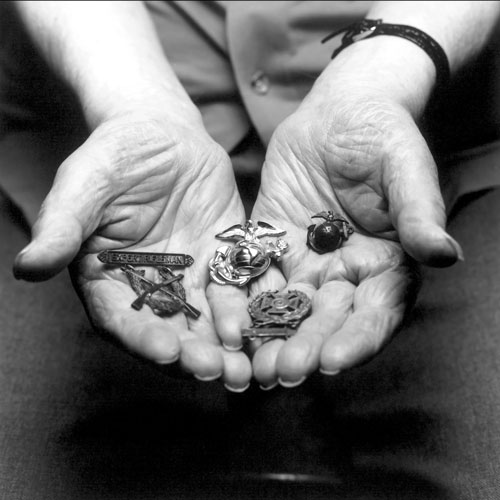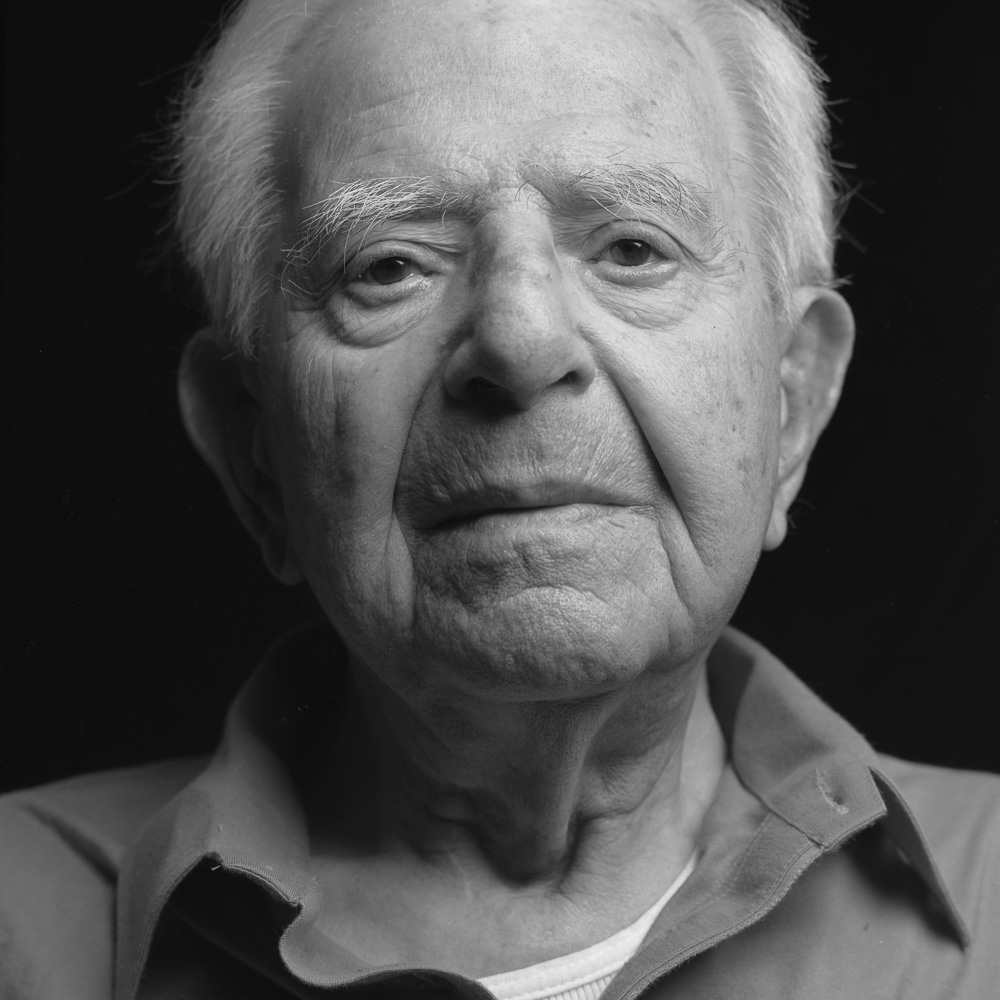Arpiar Missakian
In 1909, during the Adana massacres, Turkish soldiers attacked Kessab. I was merely a boy then. They were 20,000 strong with Mausers and other artillery. The men of our town fought back, my father among them, with ancient hunting rifles. We lost 50 to 60 men before we fled. We returned 5 or 6 days later to find all of our houses burned to the ground. It took us months to rebuild.
 In 1915, we were the last to be deported out of Kessab because we were Protestant. The American Ambassador in Bolis apparently had secured guaranties for our safety, but we were deported anyway. They took us toward Der-Zor—the interior Syrian desert. Our whole family: my father, mother, four brothers, two sisters. I was 20 or 21 at the time. We loaded everything we had on mules and horses and set out under armed guards. They took us to Meskeneh on the Euphrates River. Meskeneh was a huge outdoor camp where tens of thousands of Armenians had been deported—bit by bit they were sent to Der-Zor, to their death. We were there for a while. We lived under tents along with many others from Kessab. Most of the time we had nothing to eat. Sometimes my father would buy bread from the soldiers but they had mixed sand with the flour—so we ate this hard bread and sand crunched under our teeth.
In 1915, we were the last to be deported out of Kessab because we were Protestant. The American Ambassador in Bolis apparently had secured guaranties for our safety, but we were deported anyway. They took us toward Der-Zor—the interior Syrian desert. Our whole family: my father, mother, four brothers, two sisters. I was 20 or 21 at the time. We loaded everything we had on mules and horses and set out under armed guards. They took us to Meskeneh on the Euphrates River. Meskeneh was a huge outdoor camp where tens of thousands of Armenians had been deported—bit by bit they were sent to Der-Zor, to their death. We were there for a while. We lived under tents along with many others from Kessab. Most of the time we had nothing to eat. Sometimes my father would buy bread from the soldiers but they had mixed sand with the flour—so we ate this hard bread and sand crunched under our teeth.
Meskeneh was a horrible, horrible place. Sixty thousand Armenians had been buried under the sand there. When a sandstorm hit, it would blow away a lot of the sand and uncover their remains. Bones, bones, bones were everywhere then. Wherever you looked, wherever you walked.

